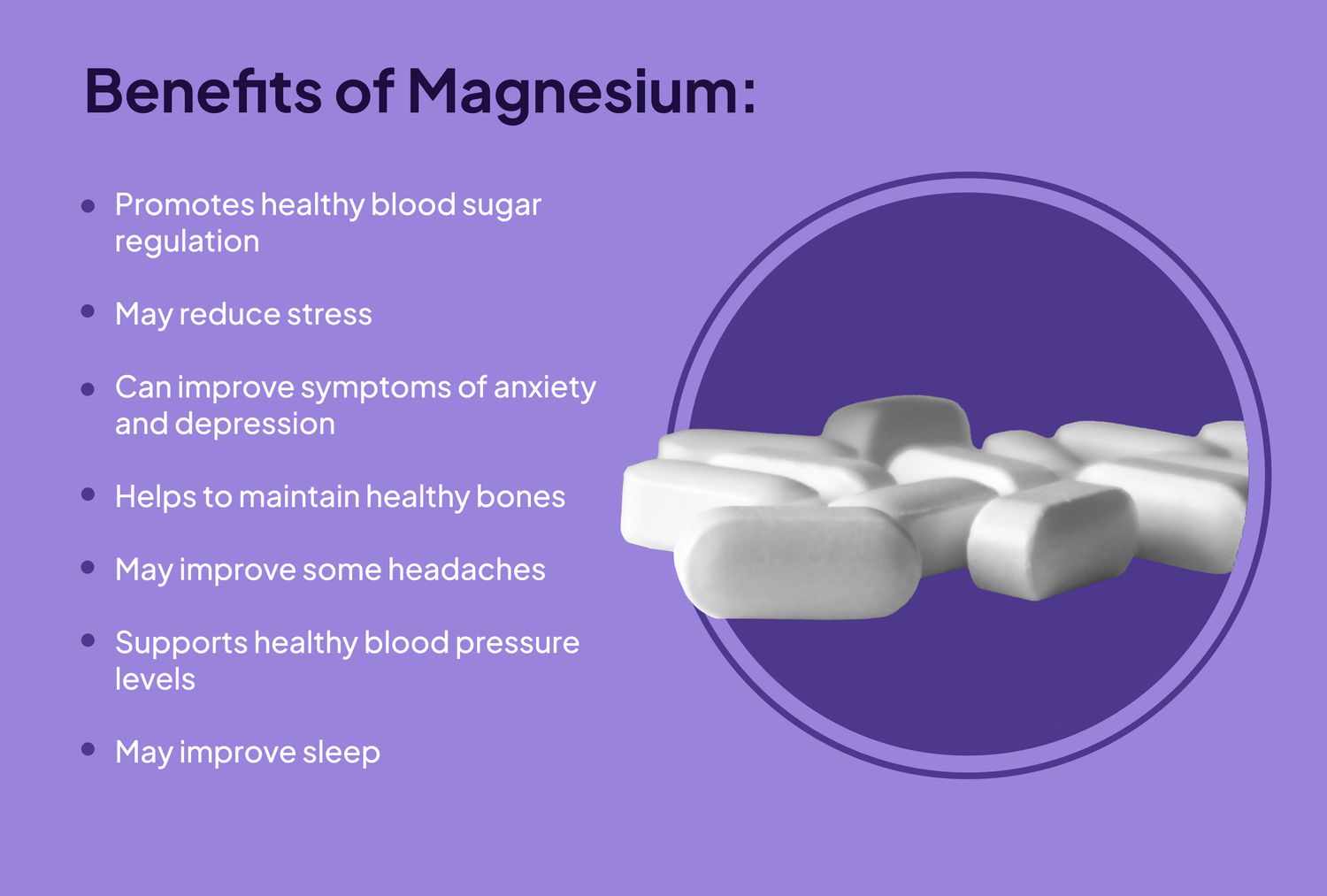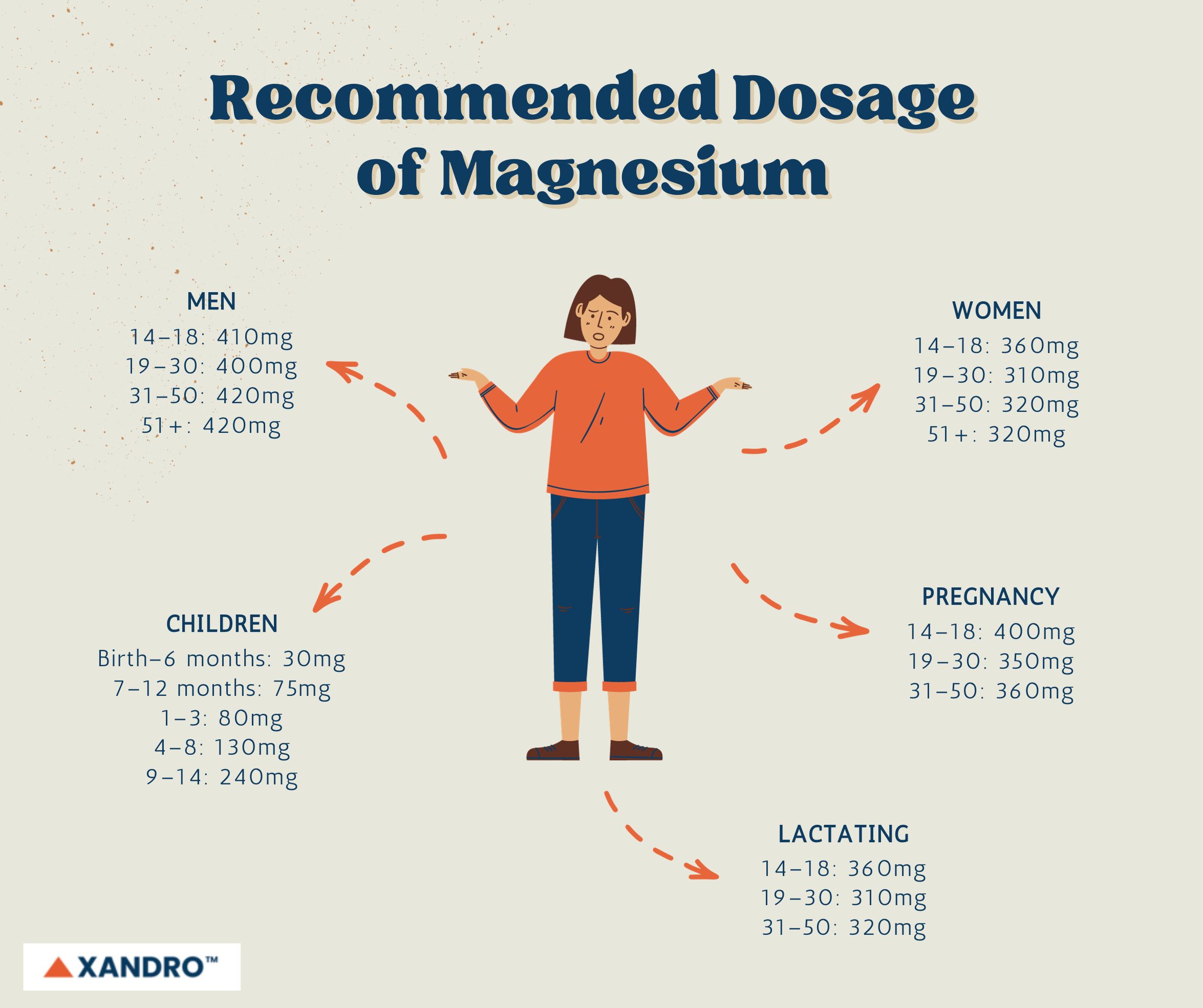Have you ever wondered if you should be cautious about taking magnesium supplements? It’s a question worth pondering, especially since magnesium is often touted as a vital mineral for your body’s health. However, not everyone should be taking it, and it’s important to know why.
Magnesium plays a crucial role in hundreds of biochemical reactions in your body, from helping with muscle and nerve function to supporting a healthy immune system and balancing your blood sugar levels. While magnesium is widely available in foods such as nuts, seeds, and leafy greens, many people turn to supplements to ensure they’re getting enough. But, as with anything, magnesium supplementation is not one-size-fits-all.
Learn More About Magnesium Supplements
Understanding Magnesium and Its Role in the Body
To grasp who should avoid magnesium, it’s helpful to first understand why magnesium is essential. This mineral is involved in more than 300 enzyme systems that regulate diverse biochemical reactions, including protein synthesis, muscle and nerve function, blood glucose control, and blood pressure regulation. It’s also required for energy production and contributes to the structural development of bone. Furthermore, magnesium is needed for the synthesis of DNA, RNA, and the antioxidant glutathione.
Magnesium is a major player in the active transport of calcium and potassium ions across cell membranes, a process critical to nerve impulse conduction, muscle contraction, and normal heart rhythm. The nature of magnesium’s role underscores why proper levels are necessary and why excessive magnesium can be problematic.
Magnesium: Sources and Recommended Amounts
Before delving into who should avoid magnesium supplementation, let’s lay out where you typically get your magnesium and how much is considered adequate.
Dietary Sources of Magnesium
Magnesium comes mainly from the foods you eat. If your diet consists of various whole foods, you’re likely getting an adequate amount. Here are some magnesium-rich foods:
| Food Item | Magnesium Content (mg) |
|---|---|
| Almonds (28g) | 80 |
| Spinach (boiled, 1 cup) | 78 |
| Cashews (28g) | 74 |
| Black beans (cooked, ½ cup) | 60 |
| Smooth peanut butter (2 tbsp) | 49 |
| Whole wheat bread (1 slice) | 23 |
Recommended Dietary Allowances
The Recommended Dietary Allowance (RDA) for magnesium varies with age, sex, and life stage. Adult men should aim for 400-420 mg per day, whereas adult women require 310-320 mg. Pregnant or lactating women need slightly more. It’s crucial to meet these recommendations through diet wherever possible.

Who Should Avoid Magnesium Supplements?
Knowing who should not take magnesium supplements requires an understanding of certain health conditions and contraindications. Here are groups of individuals who should be cautious:
Individuals with Kidney Problems
If you have kidney disease, magnesium supplementation can be dangerous. Your kidneys regulate magnesium levels in your body, and under-functioning kidneys can’t filter excess magnesium effectively, leading to potentially toxic levels. Symptoms of magnesium overdose might include nausea, vomiting, lethargy, and difficulty breathing.
Those with Myasthenia Gravis
Myasthenia gravis is an autoimmune disorder that affects neuromuscular communication and results in muscle weakness. Since magnesium can interfere with neuromuscular transmission, it might exacerbate symptoms in individuals with this condition. Hence, if you have myasthenia gravis, discussing magnesium supplementation with your healthcare provider is vital.
Heart Block Patients
Certain heart conditions, particularly heart block, can be affected by magnesium. Heart block refers to conditions where the heart’s electrical system is impaired, affecting the heart’s rhythm. Magnesium can slow down heart rate and exacerbating blockages in individuals with heart issues. If you have heart block or any heart condition, safeguard your heart health by avoiding self-prescribed magnesium supplementation.
Individuals Taking Specific Medications
Magnesium can interact with different medications, altering their effectiveness.
Interaction with Antibiotics
Magnesium can interfere with the absorption of some antibiotics, such as tetracycline and quinolones. If you’re taking these medications, it’s recommended to schedule the intake of magnesium supplements several hours before or after the antibiotics to ensure both are effective.
Interactions with Bisphosphonates
Bisphosphonates are medications used for treating osteoporosis. Magnesium can hinder the proper absorption of these drugs. It’s standard advice to take them at different times to avoid diminished effects.
| Medication Type | How Magnesium Affects |
|---|---|
| Antibiotics | Reduces absorption |
| Bisphosphonates | Interferes with absorption |
People with Sensitivity to Magnesium
Some individuals might have an unusual sensitivity to magnesium. Even in prescribed doses, they might experience side effects such as gastrointestinal distress. If you suspect sensitivity, consult your doctor for tailored advice.
Potential Side Effects and Overdose
Like any supplement, magnesium should be taken cautiously to avoid side effects or overdose.
Common Side Effects
Even when taken in the recommended amounts, some people might experience side effects such as:
- Diarrhea
- Nausea
- Abdominal cramping
These side effects are typically associated with excess magnesium intake, particularly from supplements rather than food sources.
Symptoms of Magnesium Overdose
If your magnesium levels are exceedingly high, you might experience symptoms like:
- Nausea and vomiting
- Facial flushing
- Retention of urine
- Lethargy and drowsiness
- Muscle weakness
- Irregular heartbeat
It’s critical to address any of these symptoms promptly by seeking medical advice.

Alternatives to Consider
If you’re advised against magnesium supplements, consider alternative ways to support your body depending on your reasons for wanting to take magnesium.
Natural Ways to Boost Magnesium
If you’re seeking to boost magnesium without supplements, focus on your diet:
- Incorporate more magnesium-rich foods into your meals.
- Consume a varied diet with whole grains, seeds, legumes, and vegetables.
Lifestyle Adjustments
Improving your lifestyle can create a holistic impact on your magnesium levels:
- Manage stress, as chronic stress can deplete magnesium.
- Avoid high intake of processed foods which can lead to lower magnesium levels.
- Maintain adequate hydration.
Consultation and Professional Advice
Before making any changes to your magnesium intake, it is wise to consult with healthcare providers. They’re equipped to evaluate your medical history, current medications, and overall health to determine if magnesium supplementation is suitable for you.
Importance of Regular Check-Ups
Regular medical check-ups can help monitor essential nutrients, including magnesium, to ensure you’re on the right track. Blood tests can reveal your magnesium status and help health professionals provide personalized advice.

Conclusion
While magnesium serves crucial functions in your body, supplementation isn’t always necessary—or safe—for everyone. Understanding who should avoid magnesium can safeguard you from unintended health consequences. Whether due to existing health conditions, medication interactions, or sensitivities, exercising caution with magnesium intake is prudent for specific populations. Prioritizing professional medical advice will ensure that any mineral supplementation aligns with your health needs and contributes positively to your well-being. So, when in doubt, ask questions, stay informed, and make choices that are best for you and your health.
Explore Safe Magnesium Alternatives